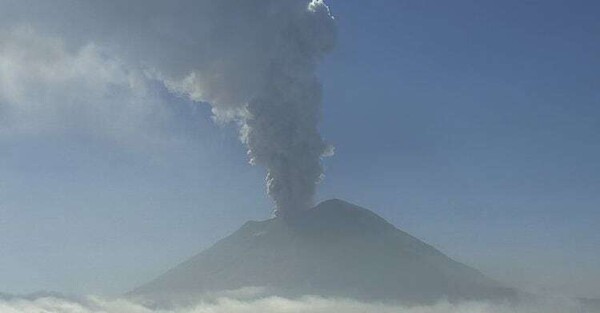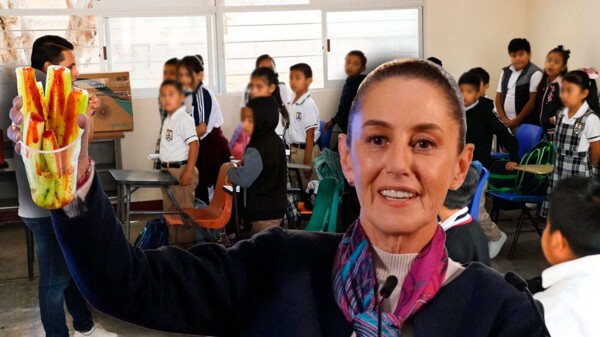Since the last recorded case in 1990 in Jalisco, health authorities have implemented ongoing strategies to ensure that poliomyelitis, an infectious disease that can cause permanent paralysis and, in extreme cases, death, does not return. Vaccination is crucial to protect young children, administering it at two, four, six, and 18 months of life.
Symptoms of polio may manifest between seven and fourteen days after infection and include general discomfort, fever, headache, muscle weakness, vomiting, and diarrhea, with weakness in the legs being an alarming sign. Although there is no cure for polio, early detection is key to preventing neurological damage and controlling symptoms.
In 1994, the Pan American Health Organization (PAHO) declared Mexico as a polio-free country. Every October 24, on World Polio Day, the birth of Jonas Salk, a pioneer in the development of the first inactivated vaccine against the virus, is commemorated. Prevention is fundamental, with measures such as proper food washing and the consumption of drinking water.
The Health Ministry urges the population to take their children to health centers to ensure they receive the polio vaccine, thereby helping to keep Mexico free of this disease and protect the health of future generations. Pediatric infectious disease specialist Nancy Edith Justiniani Cedeño from Mexico General Hospital highlights the importance of recognizing symptoms for early diagnosis and improving prognosis, as polio can lead to serious consequences.
Despite the absence of a cure, timely attention can help control symptoms and mitigate neurological impact. Justiniani Cedeño emphasizes that, in the case of polio, prevention is the best form of treatment.














